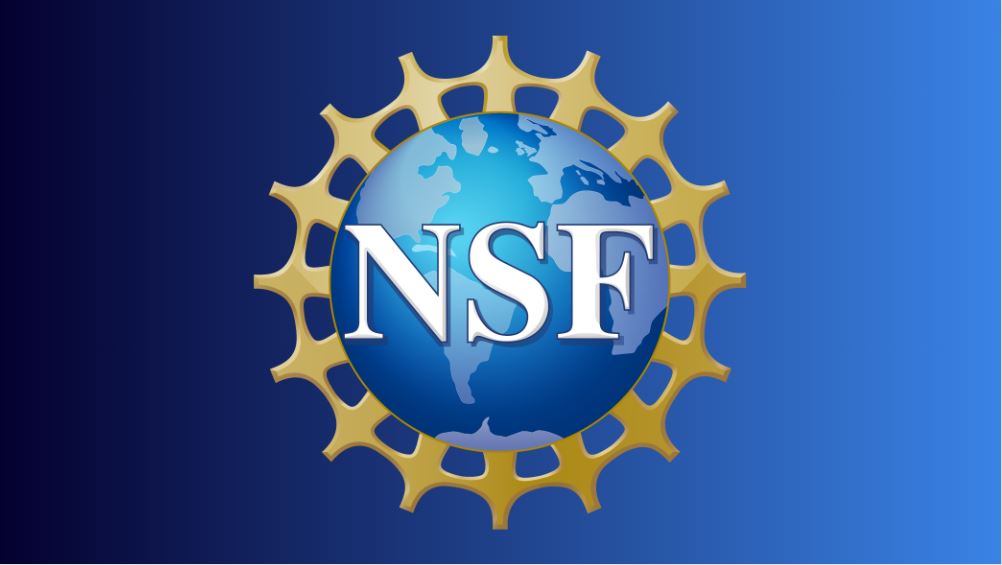
NSF’s new Directorate for Technology, Innovation and Partnerships has a broad reach
Established in March 2022, the directorate is charged with the critical mission of advancing U.S. competitiveness through investments that accelerate the development of key technologies and address pressing societal and economic challenges.
There are a number of critically important programs for those championing technology-based economic development that fall under the purview of the National Science Foundation’s (NSF) new Directorate for Technology, Innovation and Partnerships (TIP).
Just how broad the TIP directorate’s reach is became clear during a webinar last week that featured Erwin Gianchandani, NSF Assistant Director who leads the first new directorate at the agency in more than three decades. What was also a clear and consistent message was just how important meaningful and robust partnerships are in NSF’s eyes.
Established in March 2022 and authorized several months later with the passage of the “CHIPS and Science Act,” the TIP directorate is charged with the critical mission of advancing U.S. competitiveness through investments that accelerate the development of key technologies and address pressing societal and economic challenges.
Less than a month ago, one of the directorate’s key initiatives – “Regional Innovation Engines” – announced that a team led by the University of Tennessee, Knoxville (UTK) was one of 44 recipients for up to $1 million under the first awards from the newly established initiative. The funding came under the development category, and it is intended to better prepare the team for a competition for up to $160 million in federal funding.
As described in this teknovation.biz article from May 11, the focus of the work is on two areas: (1) decarbonization of the automotive industry initially, but with the potential to later add the aviation and marine sectors; and (2) digitization and autonomous vehicles.
And, last September, NSF awarded a contract to Vanderbilt University’s The Wond’ry to manage the new Mid-South I-Corps Hub that involves nine universities, including UTK, across four states (see teknovation.biz article here). The previous lead institution for the multi-state region that included Tennessee was Georgia Tech.
During the webinar, Gianchandani emphasized that the focus is not just on research, but on how those great ideas get commercialized. He said that TIP programs “power technology breakthroughs (by building) bridges from foundational research to commercialization.” As the directorate works to champion U.S. competitiveness and societal impacts through partnerships, he identified three programmatic verticals: (1) diverse innovation ecosystems; (2) technology translation development; and (3) workforce development.
The ”Regional Innovation Engines” program clearly falls under the first vertical that Gianchandani said, “puts a spotlight on codesign and co-creation.” Other programs that are part of the development of diverse innovation ecosystems include the “NSF Convergence Accelerator” and “Enabling Partnerships to Increase Innovation Capacity” (EPIIC). The former, established in 2019, provides up to $750,000 in funding for Phase I planning grants and up to $5 million for Phase II implementation projects. Both levels are designed to bring a wide range of researchers and innovators together to develop use-inspired solutions aligned to topics of national importance. EPIIC is more about supporting the growth of inclusive innovation ecosystems through capacity-building efforts at institutions of higher education with limited research capacity – preparing those institutions to participate in the “NSF Regional Innovation Engines” initiative at a future time.
Gianchandani listed a number of programs that fall under the technology translation development umbrella. Several are familiar – the “NSF I-Corps” program is best known for the emphasis placed on customer discovery and the always important funding provided under the agency’s Small Business Innovation Research and Small Business Technology Transfer programs. Others are:
- “Partnerships for Innovation” which assists researchers and innovators from academia, nonprofit and public organizations in accelerating the development of breakthrough technologies, thus speeding solutions forward;
- “Pathways to Enable Open-Source Ecosystems” which focuses on harnessing the power of open-source development for the creation of new technology solutions to problems of national and societal importance;
- “Accelerating Research Translation” which is designed to increase the scale and pace of advancing discoveries made while conducting academic research into tangible solutions that benefit the public; and
- “Prototype Open Knowledge Network” which provides funding for projects that power the next information revolution similar to the Internet.
On the workforce development front, Gianchandani talked about two NSF programs.
- One is the ExLENT program – the acronym for “Experiential Learning for Emerging and Novel Technologies.” As its name implies, the program supports experiential learning opportunities designed to provide cohorts of diverse learners with the crucial skills needed to succeed in emerging technology fields and prepare them to enter the workforce ready to solve our Nation’s most pressing scientific and societal challenges.
- The other is the recently launched “Entrepreneurial Fellowship” program in partnership with Activate that provides $350,000 over two years for scientists and engineers who want to translate research breakthroughs into new products and services with broad societal benefits.
Like what you've read?
Forward to a friend!

